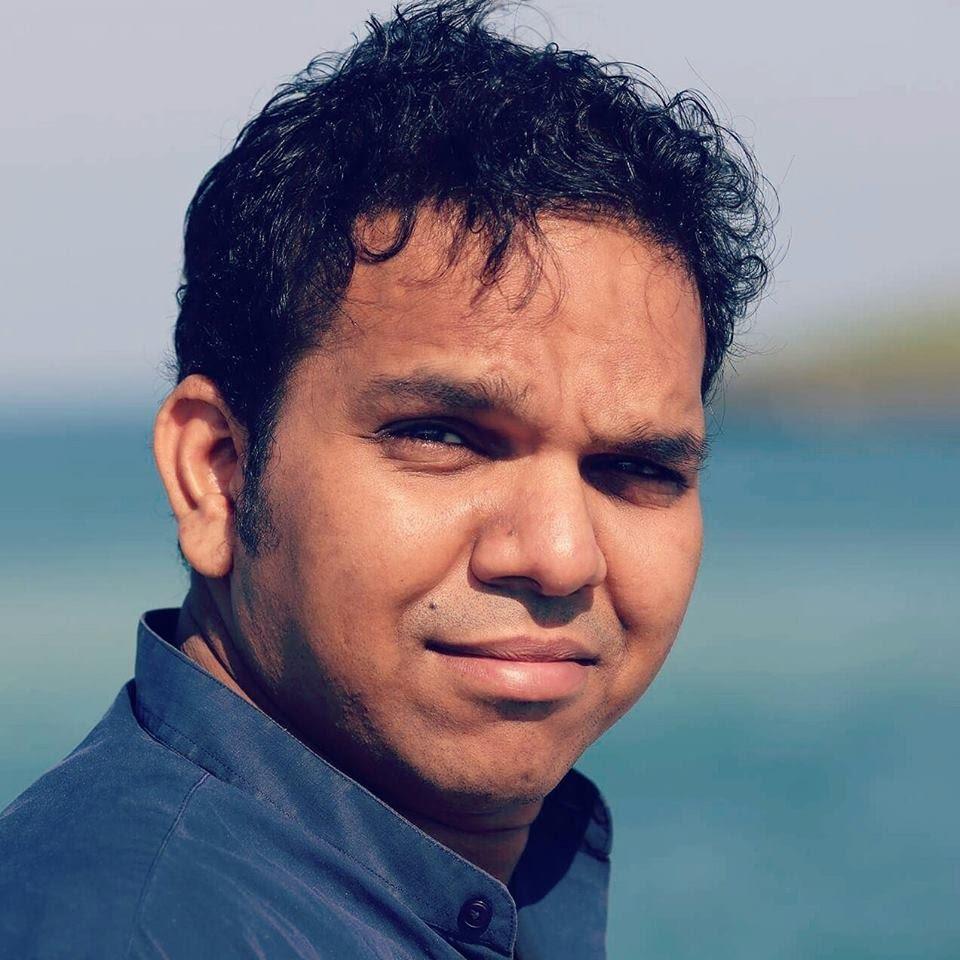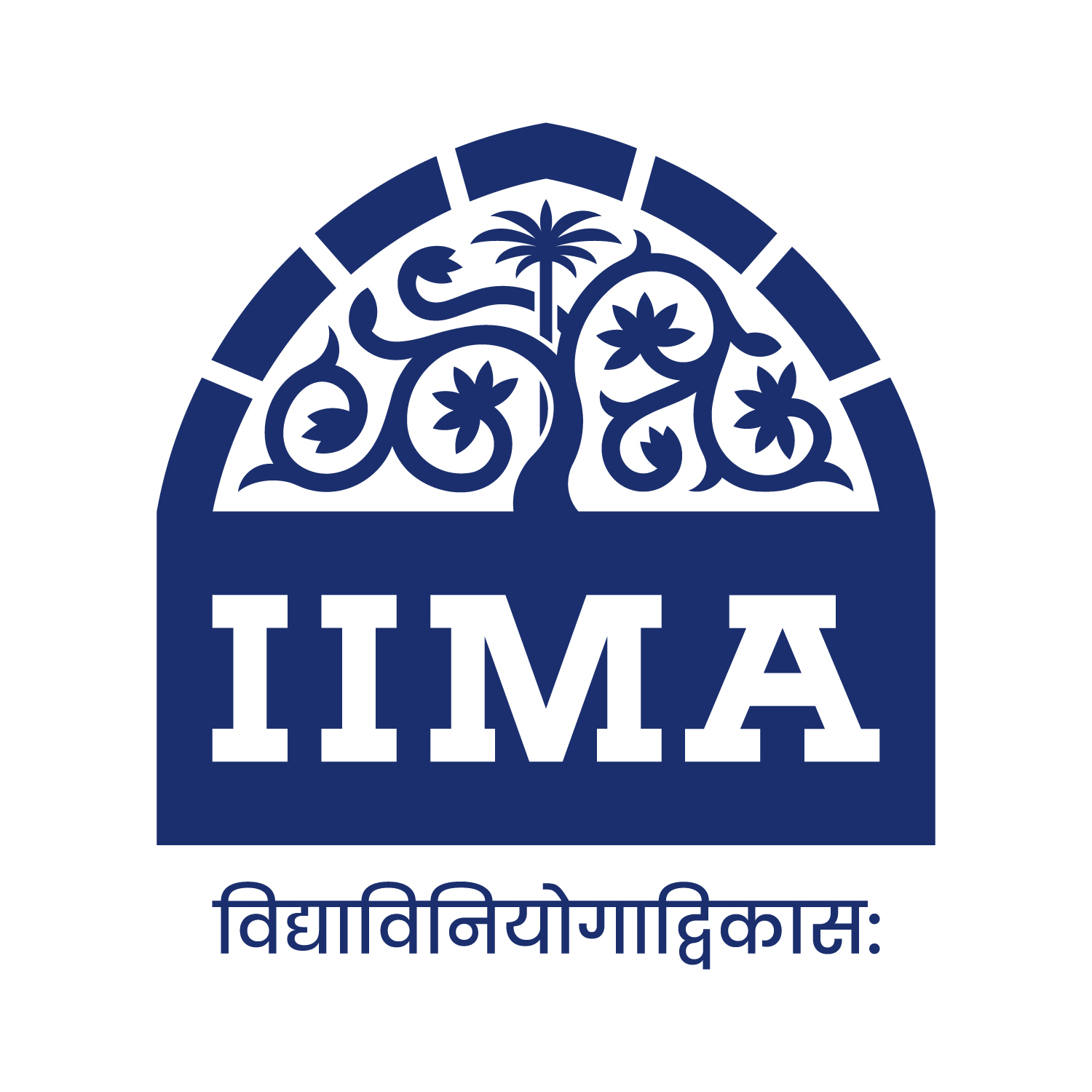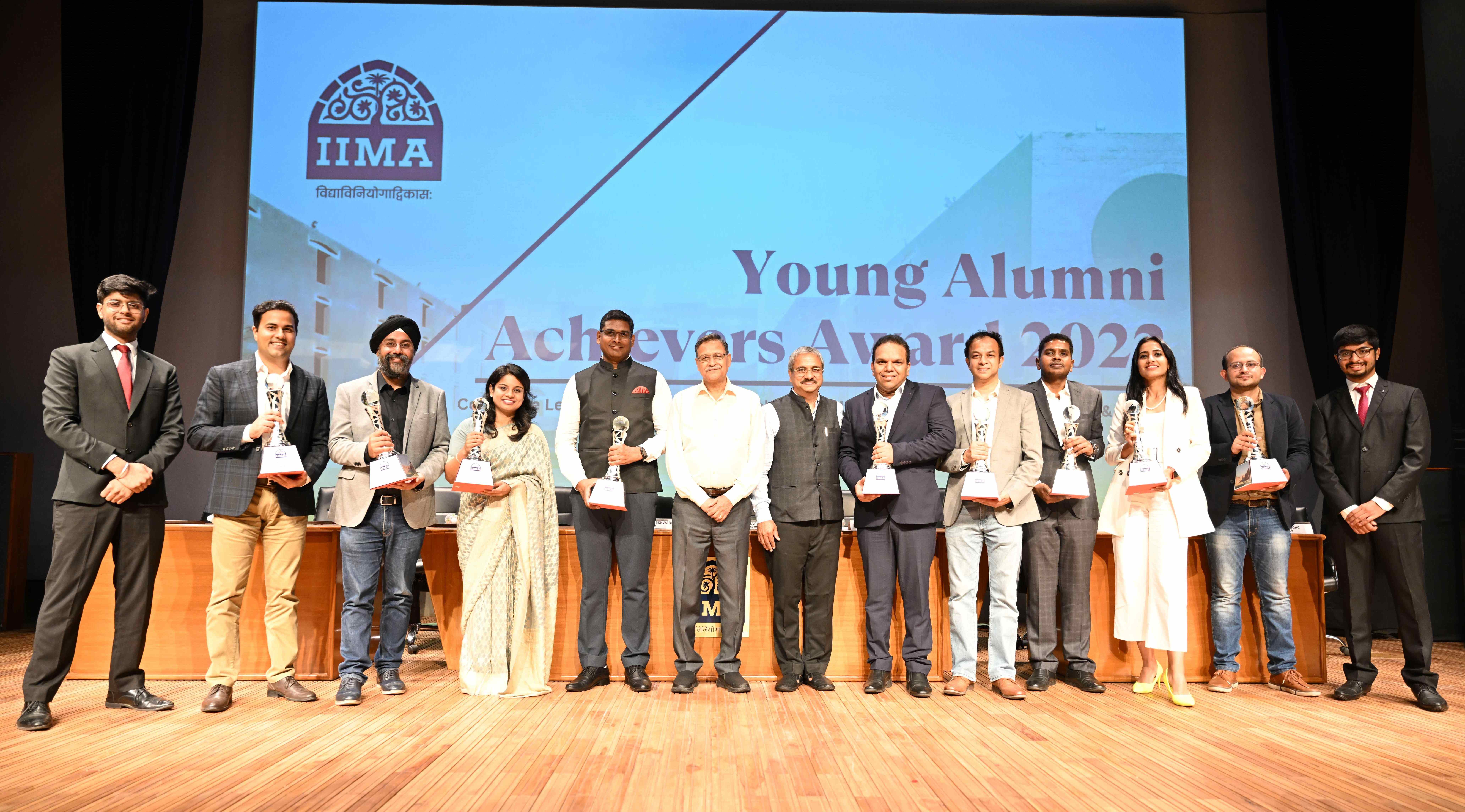
Social/Public Service
Srijan Pal Singh
(PGP 2009)
CEO and Founder of Kalam Centre,
Box
- Srijan Pal Singh was the Advisor and OSD to the 11th President of India, Dr. APJ Abdul Kalam (2009 to 2015). He was instrumental in designing the PURA (Providing Urban Amenities in Rural Areas) scheme and bringing various PURA complexes across India, benefiting over 10,000 villages across a single knowledge platform as envisioned by Dr. Kalam.
- He is the founder of Homi Lab: A unique venture to provide low-cost, high-quality education on the subject of “Future” to all learners worldwide.
- He is the Chief Mentor and Founder of Kalam Centre (cofounded with Dr. APJ Abdul Kalam): The Kalam Centre runs 400+ free libraries across India in fourteen states catering to the most marginalised sections of society.
- He was featured in Forbes India magazine as one of the leading changemakers of India and has written 14 books, including three as co-author with Dr. Kalam.
What does this award mean to you?
I am grateful to IIMA for bestowing this wonderful honour. It means a lot because it comes from the institution, which has given me so much. It is just like homecoming to me.
IIMA students do not usually have public service as a goal when they come here. How did you begin your journey in public service?
Well, I think it is something which is a continuous process in life. So when I came here, I had a sense that I needed to do something more than what you would ordinarily associate with an MBA course. And I always believed that IIMA is not necessarily a standard business administration setup. It’s a place where leaders are built. Leaders go in a variety of spaces to create a positive impact. IIM Ahmedabad, injects you with the confidence, to say boldly that ‘I may stand apart, I may not do the usual thing but I will do it fearlessly’. I remember my professors, who would encourage me to think beyond the ordinary. Thirdly, the thing that IIMA stresses very beautifully, which helps in public services, is integrity. So I think this combination of values ended up giving a young student the confidence to do things.
When you were on campus, Dr APJ Abdul Kalam was taking the GRIT–Globally, Resurgent India through Innovative Transformation–course.
I took it in 2008-09, in my second year. I was the student president and general secretary of SAC. I was the biggest oddball on the campus back then. So I was coordinating that course and it was the first edition of the course. So everything had to be set in place. And, of course, Dr Kalam had just retired as the president in 2007 so it was his first year as a professor at IIM, Ahmedabad so he was still building up the course. I think I must credit IIMA for making that meeting with Dr Kalam happen. He was very respectful, he held youngsters in great high regard and gave us all an opportunity to be heard. And some of us in our batch did remarkable projects as he was there to connect you with the right person. So I think that long spell of about four months shaped me and that GRIT course became a life-changing event.
I was awarded the KVS Gold Medal, for being the best all-rounder student. So after graduation was over, I was about to be placed in the Boston Consulting Group. So I went to meet him. I showed him the medal. And then he gave me perhaps the best lesson a teacher can give. He said, “Okay, you’ve got a gold medal, which means that you’re good. You’ve got good grades, which means you’ve got a good education. IIMA is a great brand. So you’ve been lucky to be a part of it. So now tell me as a person who’s just got out of education, you’ve got all this degree? How will you use all this to change the world because that’s what education is supposed to do?” He asked me to write it out. He gave me five minutes to write that down in front of him. That mini-essay was an enlightening eye-opener. The answer to that, I am still figuring out.
What was it like really working as an advisor and as OSD to Dr Kalam?
For me, it was like working with your superhero and a childhood dream. Of course, there were challenges– he was a multi-dimensional person, and he was interested in medicine and space and nuclear sciences, quantum physics and engineering environment, space-based solar power and so on. So every day, you would meet 3-4 different challenges. But each one of them is a world-changing or potentially world-changing idea. You only meet good people, because only good people will approach him and people who have some sound ideas or great intentions would come and approach him. I think Dr Kalam, more than just a scientific figure, was also a man of great happiness. One thing he taught me is that your happiness is often a matter of choice. Doesn’t matter what the situation is, you can always deal with it with calmness, patience, compassion, kindness and smiles. So not just a missile man, I think he was a smiling man.
When I started working with him, he said, for three months, I will send you across India. I thought I’d go to some Hi-fi labs but he started sending me to villages. He said, “You have to study this person about this, and that person about this,” about how they are changing society in their micro-ecosystems. Some of those people were quite big. Bharat Ratna winner Nanaji Deshmukh was one of them. Dr Kalam gave you that opportunity to learn not just from him, but the entire ecosystem, which is built around them. And that ecosystem survives even today.
What’s your, you know, your philosophy or the go-to strategy or the problem-solving framework or decision-making framework that you use?
Let me structure this answer in a way that if somebody wants to do this, what is the path? I think in life, the sooner, the better. The sooner you decide your aim, the sooner you get a structure, whether you are moving daily or weekly towards that dream. The second thing is defining your brand, 2-3 things which you want to be known for in life. Brands take time to build, it may take you decades or it may be a lifelong pursuit. It will set a boundary to where you can venture and when you cannot. Now, having done that, there will be tactical decisions which you will have to make daily. Remember one thing, anything which keeps you inherently unhappy for more than a week is not worth doing. That’s where I think daily diaries and daily reflection help you. Success is when you’re happy when you get a good night’s sleep and wake up the next morning. If it’s not the case, that’s a problem. Also, in life, there will be more failures than successes. What seems to be a failure is a correction on the path, you are being stopped from doing something you were not supposed to do. So failure sometimes opens opportunities to learn. In my case, I had to repeat my first year at IIMA due to my health. That is when Dr Kalam came to teach in IIMA so had I not failed, I would not have met him. Life had a plan.




Sorry, the comment form is closed at this time.